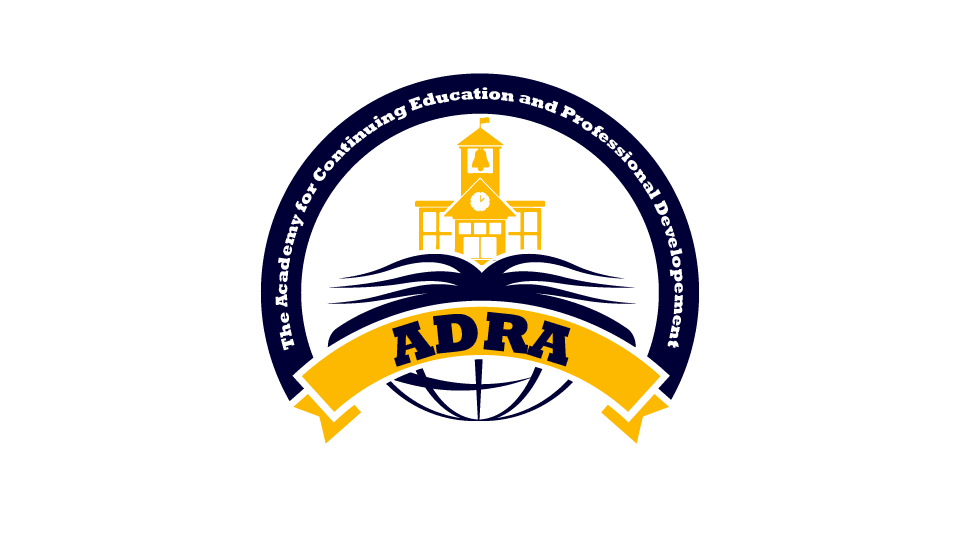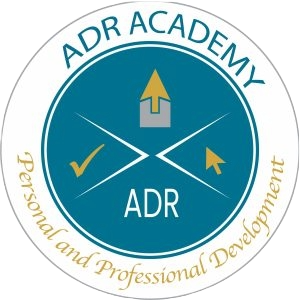Short Course Description
The course on Mediation Principles and Procedures provides students with a comprehensive understanding of the history, theories, and practical applications of mediation. Students will explore various aspects of alternative dispute resolution (ADR) types, mediation basics, the characteristics and functions of a mediator, as well as the steps involved in the mediation process. Additionally, students will learn about generating movement in mediation and the important aspects of concluding the mediation and drafting the agreement. Through theoretical discussions, case studies, and practical exercises, students will develop the necessary skills and knowledge to facilitate mediation processes effectively. This course also addresses ethical considerations and the confidentiality issues associated with mediation. Throughout the course, students will engage in quizzes to assess their comprehension, culminating in a final exam that involves a practical exercise demonstrating their mediation skills and ethical standards.
Module 1: History of Mediation
- Overview of the historical development of mediation
- Key milestones and influential figures in mediation history
- Understanding the evolution of mediation as an alternative dispute resolution method
Module 2: Mediation Basics and Alternative Dispute Resolution Types
- Introduction to Mediation and its Role in conflict resolution
- Differentiating between various types of alternative dispute resolution (ADR)
- Exploring the benefits and limitations of mediation compared to other ADR methods
Module 3: What is Mediation?
- Defining Mediation and its core principles
- Characteristics of an effective mediator
- Functions and responsibilities of a mediator
- Understanding the steps involved in the mediation process
Module 4: Generating Movement
- Techniques for promoting constructive communication between parties
- Facilitating brainstorming and generating options for resolution
- Encouraging movement toward mutually agreeable solutions
- Addressing power imbalances and managing emotions in mediation
Module 5: Concluding the Mediation, Drafting the Agreement
- Strategies for concluding mediation sessions effectively
- Documenting agreements and drafting the mediation settlement
- Clarifying the enforceability and legal implications of mediation agreements
- Post-mediation activities, including follow-up and evaluation
Module 6: Final Exam: Practical Exercise in Mediation
- Demonstrating mediation skills and ethical standards
- Simulating a mediation session with a hypothetical case
- Application of mediation techniques and problem-solving skills


